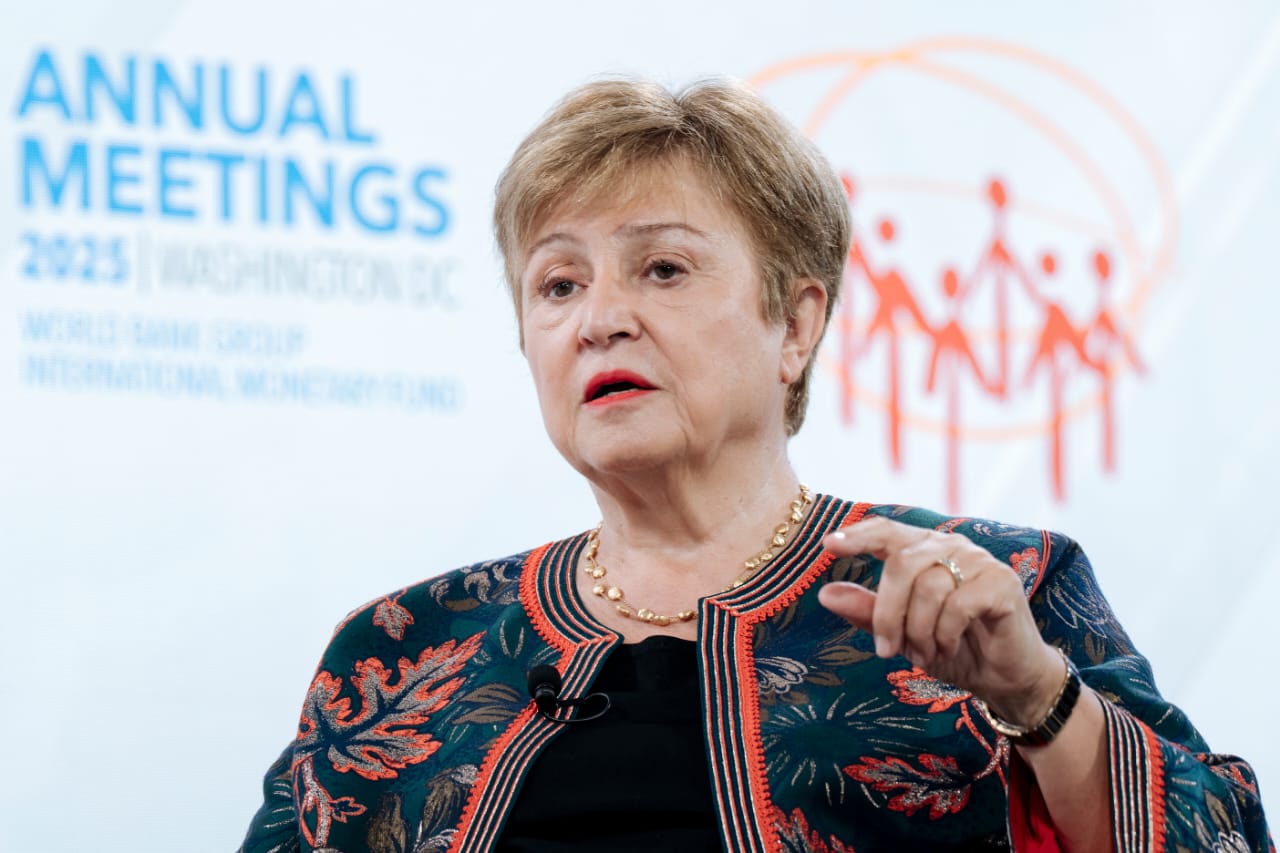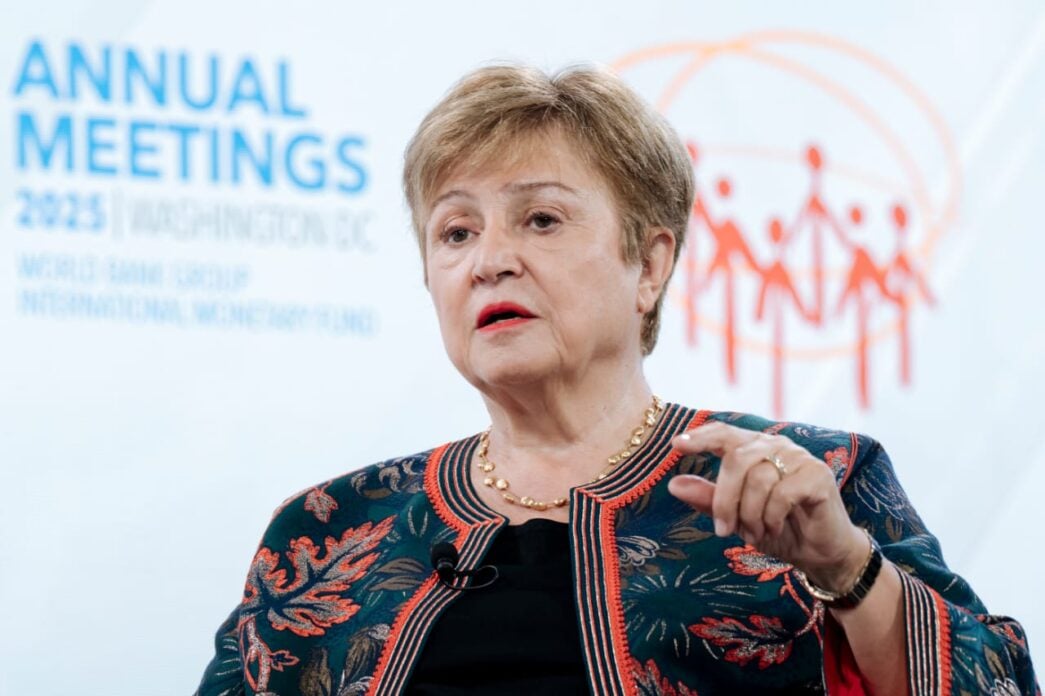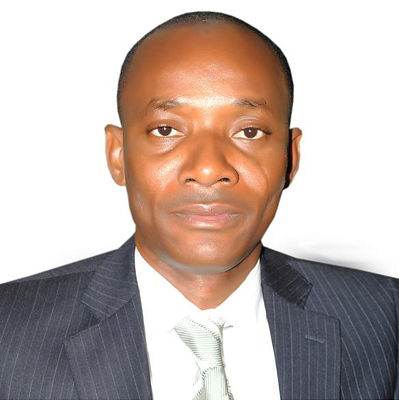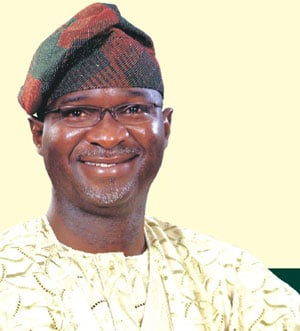Kristalina Georgieva, managing director (MD) of the International Monetary Fund (IMF), says vibrant private sector is supporting resilience in global economy but low growth and high debt persist.
According to a statement from IMF on Sunday, Georgieva spoke at the G20 leaders’ summit in Johannesburg, South Africa, the first to be hosted in Africa.
According to the MD, the global economy is “doing better than we feared, but worse than we need,” noting that stronger policies and institutions — built over years — have also helped economies absorb shocks.
“Better as it has proven resilient to multiple shocks, to trade tensions, and to elevated uncertainty. This resilience is anchored in two factors: a vibrant private sector, and in policies and institutions that have been strengthened over the years, including through coordination in this very forum,” she said.
Advertisement
“But it is still worse than we need: growth is stubbornly low – below pre-covid levels – and debt is exceptionally high, stifling many countries, especially poorer ones.
“Geopolitical tensions, technological and demographic transformations, and frequent severe climate events are contributing to heightened uncertainty and pushing risks up.”
The IMF boss said governments must rebuild confidence through credible and predictable policies to restore fiscal buffers, and address domestic imbalances.
Advertisement
She also called for structural reforms to unlock private-sector potential for growth and clean up norms and regulations that may no longer be necessary.
“In this environment, building resilience is fundamental. And work starts at home,” she added.
IMF CALLS FOR STRONGER GLOBAL COOPERATION
Georgieva urged world leaders to reinforce global cooperation, especially on trade, financing and debt restructuring.
Advertisement
The managing director said trade must remain a “powerful engine of growth” with updated rules that reflect the digital economy.
She also called for mobilisation of public and private financing for vulnerable countries, noting that the IMF is expanding its permanent quota resources by 50 percent.
On debt, she acknowledged progress under the G20 Common Framework but said restructurings must become “faster and more predictable”.
‘AI CAN IMPROVE PRODUCTIVITY’
Advertisement
The IMF MD said artificial intelligence (AI) could boost global growth by nearly one percent, making it a potential game-changer in reversing sluggish productivity trends.
“We need to recognize that AI is penetrating our societies extremely rapidly,” Georgieva said.
Advertisement
“Not all countries are ready. We see in advanced economies potentially 60 percent of jobs affected, in emerging markets economies 40 percent, and in low-income countries this is 26 percent. So, AI is like a tsunami hitting the labor market.”
She outlined a four-pillar readiness index — digital infrastructure, skills and labour-market flexibility, diffusion, and ethics and regulation — noting wide disparities across countries.
Advertisement
Many developing nations, she said, risk falling behind unless they rapidly scale up skills development, strengthen infrastructure such as power supply, and adopt tax policies that encourage innovation “without favouring machines over people”.
The IMF boss also called for global alignment on AI ethics and regulations, an effort being led by the United Nations.
Advertisement
Georgieva stressed the need to support developing countries so they are not left behind, adding that it is crucial “to ensure that AI is a force of prosperity for all”.







